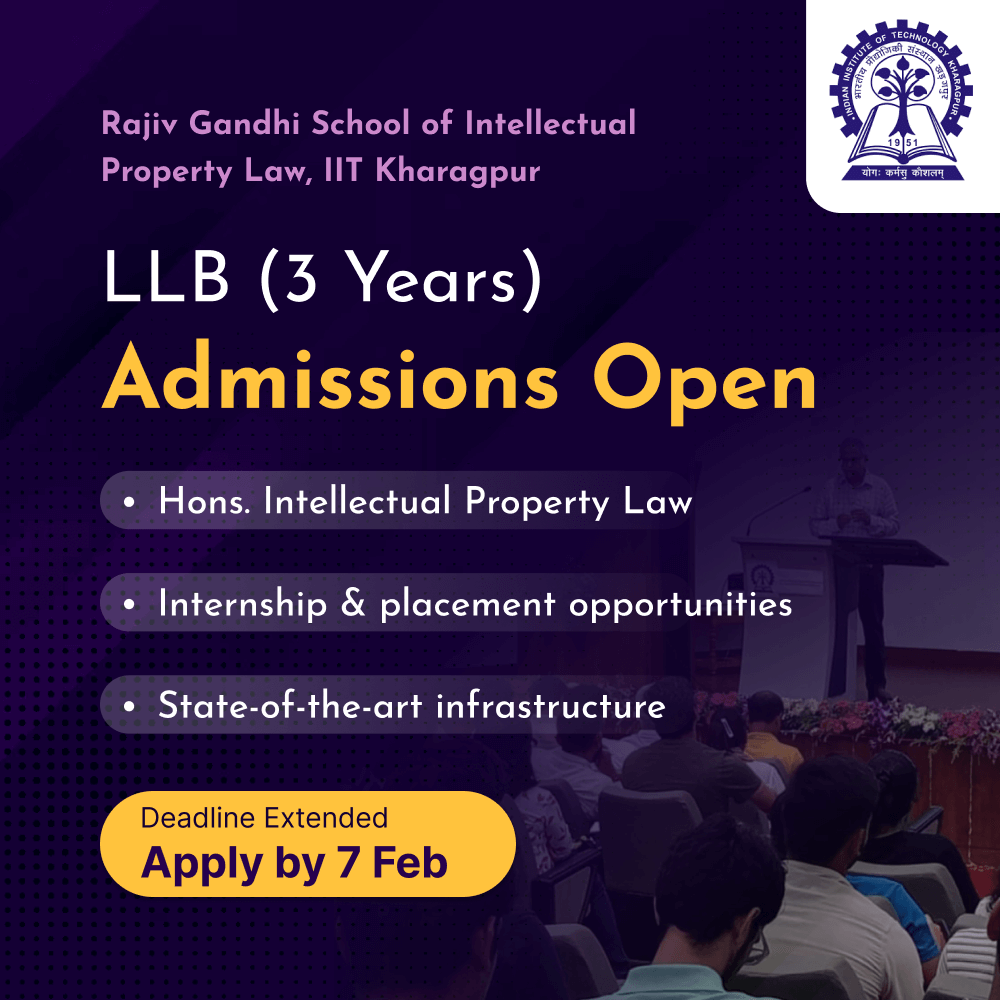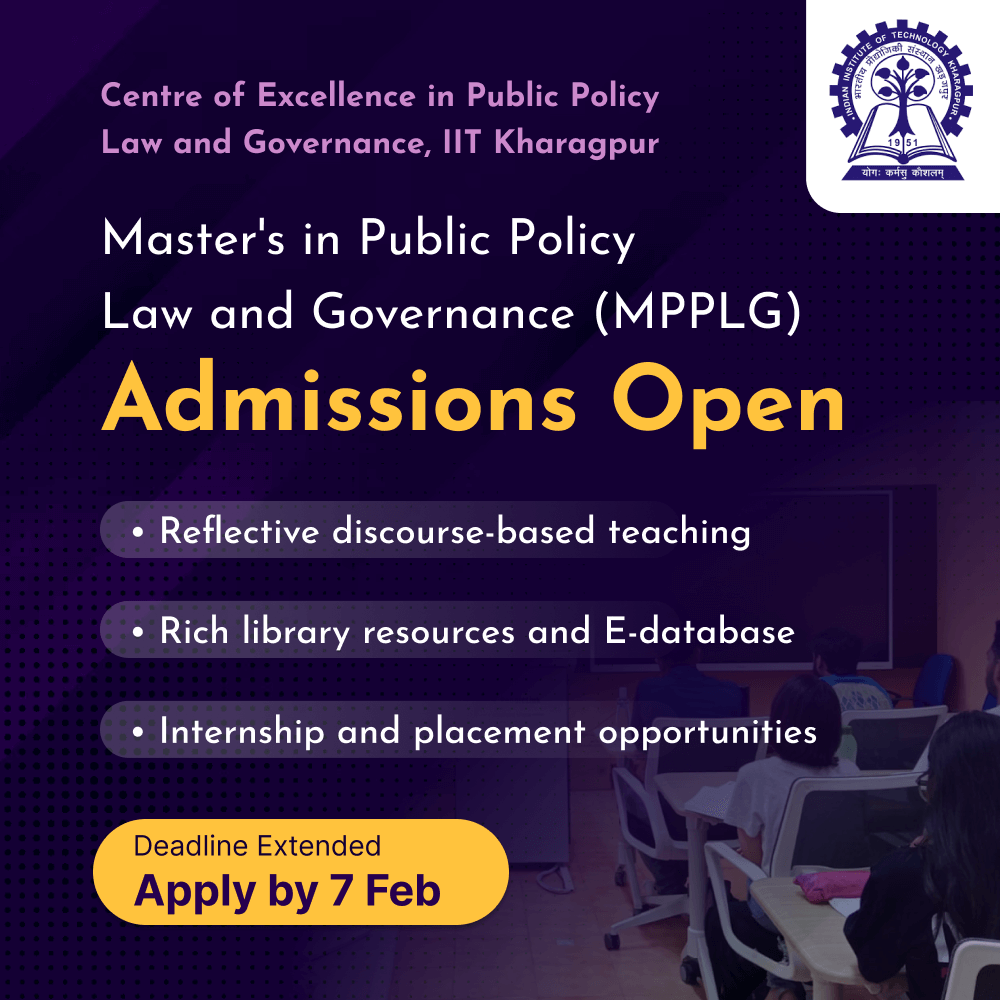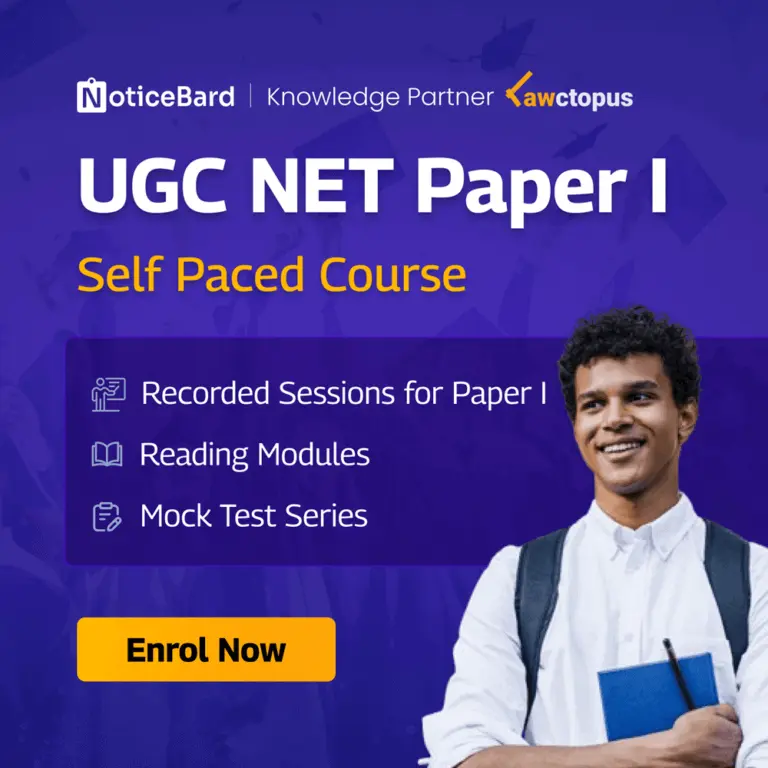Submissions are invited for The International Conference on Next-Generation Networks and Deployable Artificial Intelligence (NGNDAI-2025) at MNNIT, Prayagraj. The submission deadline is March 15, 2025!
About MNNIT
Motilal Nehru National Institute of Technology Allahabad (MNNIT), established in 1961, is a premier institution dedicated to technical education and research. It became a National Institute of Technology (NIT) in 2002 and was granted the status of an institution of national importance in 2007.
MNNIT offers a range of undergraduate and postgraduate programs, including B.Tech. in multiple disciplines, M.Tech., MBA, MCA, and Ph.D. degrees. It is recognized for its strong faculty, most of whom hold Ph.D. degrees, and its focus on quality education and research.
The institute also supports entrepreneurship and innovation, with initiatives like its industrial estate, established in 1972, and has contributed to national projects such as the World Bank-funded TEQIP initiative.
About NGNDAI-2025
The International Conference on Next-Generation Networks and Deployable Artificial Intelligence (NGNDAI-2025) serves as a platform for researchers, industry experts, and practitioners to explore the latest advancements in machine intelligence, communication systems, and related technologies. Covering a wide range of topics such as artificial intelligence, machine learning, intelligent networks, robotics, and next-generation communication technologies like 5G/6G and IoT, the conference aims to foster collaboration between academia and industry. It focuses on promoting innovation in intelligent systems and communication networks, while addressing emerging challenges in these fields.
NGNDAI-2025 provides a global forum for international participants to share their research, exchange ideas, and shape the future directions of research and collaboration. The conference also offers an opportunity for undergraduate and postgraduate students to engage with industry-supported learning and develop new skills in these rapidly evolving areas.
The conference has featured keynote talks, five technical sessions on different subject tracks, an industry track, the inaugural and the valedictory sessions and contributed papers. The goal of the conference is to become a premier venue for researchers and industry practitioners to share new ideas, research results and their enriching experiences in various fields.
The scope of NGNDAI-2025 covers the following themes but not be limited to:
- Track 1: Artificial Intelligence and Machine Learning
- Track 2: Software Defined Smart Computer Networks
- Track 3: Cognitive Computing and Brain-Inspired Systems
- Track 4: Quantum Computing and Communications
- Track 5: Advances in the IoT, Fog and Edge Computing and its Applications
Researchers especially from R&D agencies, industries and start-ups along with front-line academic research workers are kindly requested to submit and present their work
Conference Tracks
Track 1: Artificial Intelligence and Machine Learning
- Activity Detection/ Recognition
- Biometrics, Forensics, Content Protection
- Compressed Image/ Video Analytics
- Deep Learning for Computer Vision
- Document and Synthetic Visual Processing
- Explainable AI and Generative AI
- Face, Iris, Emotion, Sign Language and Gesture Recognition
- Medical Image Analysis
- Human Computer Interaction
- Mathematical models of AI
- Large Language Models
Track 2: Quantum Computing and Communications
- Quantum Cryptography
- Quantum Networking
- Topological Quantum Computing
- Quantum-Classical Systems
- Quantum Machine Learning
Track 3: Software-Defined Smart Computer Networks
- Architectures for Software Defined Networking (SDN) in Smart Networks
- Network Function Virtualization (NFV) and its Role in Smart Networks
- Intelligent Traffic Management using SDN
- Integration of IoT with Software Defined Networks
- Security and Privacy in SDN-based Smart Networks
- Dynamic Resource Allocation in SDN-enabled Smart Networks
- Edge and Fog Computing Integration with Software Defined Networks
- Programmable Data Planes and Custom Network Protocols
- SDN in 5G/6G and Next-generation Wireless Networks
- Performance Monitoring and Analytics in SDN-driven Smart Networks
- Self-Organizing Networks using SDN and AI
- Challenges and Future Trends in SDN-based Smart Networks
- SDN-based Quality of Service (QoS) Management
- Interoperability and Standardization in Software Defined Networks
- Big data analytics in software-defined environments
- Digital twins and virtualized environments in software-defined systems
- Green and sustainable computing in software-defined environments
Track 4: Cognitive Computing and Brain-Inspired Systems
- Cognitive robotics
- Cognitive decision theories
- Cognitive man-machine communication
- Software simulations of the brain
- Computational neurology
- Fuzzy/rough sets/logic
- Neuro-Inspired Learning Algorithms
- Perception and Sensory Systems
- DNA and genome cognition
Track 5: Advances in the IoT, Fog and Edge Computing and its Applications
- IoT device networking and communication protocols
- Fog and Edge Computing Architectures
- Federated learning and distributed machine learning in the fog and on the edge
- Storage and data management platforms for fog/edge
- Energy Efficiency and Sustainability in IoT and Edge Systems
- Security and Privacy in IoT, Fog, and Edge Computing
- Blockchain and Distributed Consensus in Fog, and Edge Systems
- AI-powered decision-making in IoT applications
- Data fusion and processing in fog/edge systems
- Edge Computing for 5G and Beyond
Submission Guidelines
Paper format
- The submission of the papers shall be accepted in the Springer format.
- The papers must not exceed a page limit of 12-14 pages in any manner in the single page – single column format supported by Springer. Any paper exceeding this page limit will be outright rejected.
- The papers are to be submitted at the submission link within the last dates mentioned in the conference paper schedule.
- All further enquiries about the status of the paper can be made at the conference email –ngndai[at]mnnit.ac.in
Review Process
The review process is double-blind. Therefore, please do not mention your names and affiliations of institutions/companies in your submission. Also, do not include funding sources or other acknowledgements in your papers.
Each paper will be reviewed by at least three regular PC members or two senior PC members. The acceptance decisions will take into account paper novelty, technical depth, elegance, practical or theoretic impact, and presentation based on the following parameters:
- Originality: The paper presents a new idea, issue and application; discusses existing research with its possible research gaps and a suggestive mechanism to fill it up using a new strategy.
- Engaging: The presentation format engages the audience most creatively, or has a great potential to attract conference attendees by pinpointing the needs of the research community.
- Significant: The paper must have incorporated the issues important to resolving the inefficiencies of the existing techniques for relevant problems, and to provide solutions most simply and effectively.
- Quality: Claims are supported by sufficient data; it should be based on relevant experiments and simulations with appropriate theoretical foundations based on published literature. Limitations of the conducted experiments are to be described comprehensively.
- Clear: The intended outcomes of the paper are simple and easily understood.
- Relevant: The paper addresses one or more of the themes of the conference.
Publication
The International Conference on Next-Generation Networks and Deployable Artificial Intelligence (NGNDAI-2025) proceedings will be submitted for consideration to the Springer book series (indexed in Web of Science, SCOPUS etc.).
Selected and extended versions of research papers will be forwarded for publication as a Special Issue in Scopus and SCI/SCIE-indexed Journals of repute.
Best Paper Awards
The Best Paper Award is presented to the authors who have written the best paper among those who appear in the conference proceedings. Recipients are presented with a souvenir and a certificate that describes the award. The awards are announced and bestowed during the conference valedictory session.
Timeline
| Event | Date |
|---|---|
| Submission Deadline | 15th March 2025 |
| Notification of Acceptance | April 2025 |
| Authors Registration (Deadline) | 31st July 2025 |
| NGNDAI-2025 Conference Dates | 18th-20th September 2025 |
How to Submit?
Registration Fee
| Participant Type | Amount |
|---|---|
| Indian Participants from Academic Institutes | INR 10,000 + 18% GST = INR 11,800 |
| Indian Industry Participants | INR 12,000 + 18% GST = INR 14,160 |
| Foreign Participants (Academic and Industry) | USD 300 |
| Additional Ticket for Conference and Dinner | INR 3,000 |
Contact Details
- Prof. Mayank Pandey (+91 9935239332)
- Dr. Deepak Gupta (+91 9999778726)
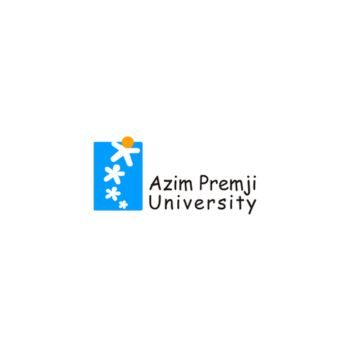
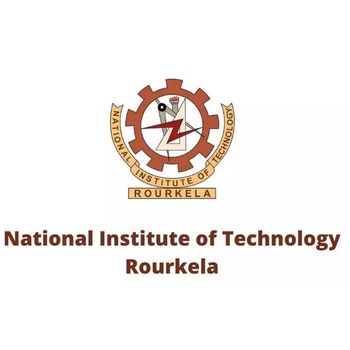
![IEEE ICWITE 2025 Summit at Bangalore [Sep 26-27]](https://cse.noticebard.com/wp-content/uploads/sites/23/2025/05/new-one-61.jpg)
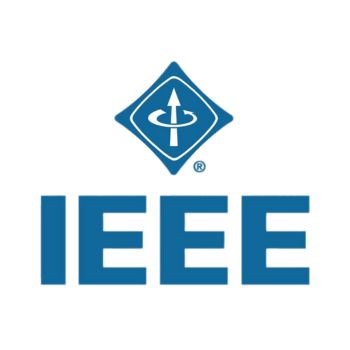
![CfP: International SARC Conference on Industrial and Production Engineering (ICIPE) at Pondicherry [June 1st]: Submit by May 16](https://cse.noticebard.com/wp-content/uploads/sites/23/2025/04/new-one-27-5.jpg)
![CfP: International Conference on Renewable, Environment and Agriculture at Madurai [Aug 1st]: Submit by July 16](https://cse.noticebard.com/wp-content/uploads/sites/23/2025/04/new-one-27-4.jpg)
